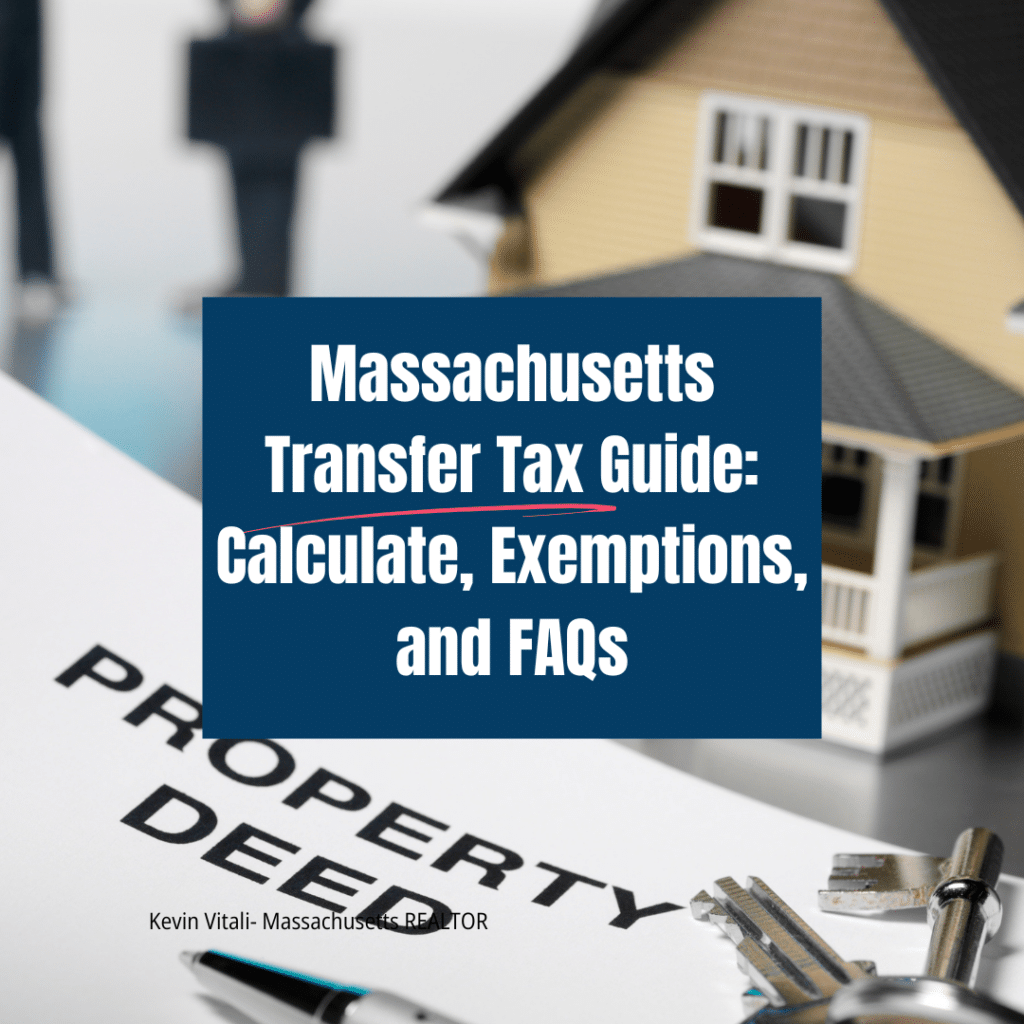 Real estate forms the backbone of how we structure our lives and communities. It’s far more than just buying homes or selling property—it’s the foundation of where we live, work, and connect. From the homes we cherish to the offices that drive our businesses, real estate is a dynamic and multifaceted industry that impacts economies and cultures. Understanding its intricacies allows you to make informed decisions, whether investing, purchasing your first home, or simply curious about how it all works. Let’s delve into the question of “what is real estate?”
Real estate forms the backbone of how we structure our lives and communities. It’s far more than just buying homes or selling property—it’s the foundation of where we live, work, and connect. From the homes we cherish to the offices that drive our businesses, real estate is a dynamic and multifaceted industry that impacts economies and cultures. Understanding its intricacies allows you to make informed decisions, whether investing, purchasing your first home, or simply curious about how it all works. Let’s delve into the question of “what is real estate?”
It is about creating and managing spaces that meet the diverse needs of people and industries. Residential real estate focuses on housing, providing places where individuals and families build their lives. Commercial real estate supports economic growth, housing everything from small businesses to large corporations. Then there’s industrial real estate, which keeps the wheels of supply chains turning by accommodating factories, storage facilities, and distribution hubs. Each sector plays a vital role, and together, they form the ecosystem of real estate that shapes our world.
Staying informed about real estate trends is crucial, as this industry constantly evolves to reflect technological shifts, demographics, and societal needs. Sustainable development, smart home technology, and urban redevelopment are transforming the landscape today. Understanding these trends helps you anticipate changes, recognize opportunities, and navigate challenges effectively. Whether you’re an investor eyeing growth potential or a homeowner planning for the future, mastering the basics of real estate and staying current with its trends can give you a significant edge.
Jump To A Section....
What is the Difference Between Real Estate and Real Property?
Real estate and real property are terms often used interchangeably, but they are not the same. While closely related, understanding their differences is crucial for anyone navigating the world of property ownership, investment, or legal rights. Let’s break it down so you can grasp how these concepts are distinct yet intertwined.
Definition of Real Estate
Real estate refers to the physical aspects of land and any structures that are permanently attached to it. Think of it as the tangible, visible components of a property:
- The land itself
- Buildings or structures, such as homes, office buildings, or warehouses
- Natural resources on the land, like trees, water, or minerals
Real estate is essentially the “what”—the physical asset you can touch, see, and use. It encompasses residential and commercial properties and is the foundation for various transactions, developments, and investments.
Definition of Real Property
On the other hand, real property is a broader term that includes not only the physical real estate but also the legal rights associated with owning it. These rights, often called the “bundle of rights,” grant an owner specific privilege, such as:
- The right to possess the property
- The right to control and use it
- The right to lease, sell, or transfer it
- The right to exclude others from it
- The right to derive income from it
In short, real property combines the physical asset (real estate) and the intangible rights attached to it.
Key Differences Between Real Estate and Real Property
- Scope
- Real Estate: Refers only to the physical aspects—land and attached structures.
- Real Property: Includes the physical real estate plus the legal rights of ownership.
- Legal Component
- Real Estate: Does not inherently include legal rights unless specified in a transaction.
- Real Property: Emphasizes ownership and the accompanying rights that define how the property can be used or transferred.
- Focus
- Real Estate: Often used in discussions about buying, selling, or developing land and buildings.
- Real Property: Used in legal contexts where rights, boundaries, and disputes are involved.
- Examples
- Real Estate: A vacant lot, an apartment building, or a shopping mall.
- Real Property: Ownership of the same vacant lot plus the rights to build, lease, or sell it.

Why the Distinction Matters
Understanding the difference between real estate and real property is essential in various scenarios:
- Real Estate Transactions: When you purchase real estate, you’re acquiring both the physical land and the rights associated with it, which makes it real property. Knowing this distinction can clarify what you’re paying for.
- Legal Disputes: Many property disputes arise from misunderstandings about rights—like easements or access to shared resources. Real property concepts help resolve these issues.
- Investments: If you’re investing in real estate, recognizing the added value of legal rights (real property) can help you make more informed decisions about profitability and use.
A Simple Analogy
Think of real estate as the physical “cake” and real property as the “cake plus the recipe.” The cake is the tangible asset—land and structures. The recipe includes all the instructions and rights and adds value to that cake by giving you control and flexibility over how it’s used, shared, or sold.
Understanding these differences can empower you, whether you’re a homeowner, an investor, or simply curious about property ownership. Real estate might be the physical asset, but real property is where the true power of ownership lies.
Understanding Real Estate Basics in Massachusetts
Why Real Estate Matters in Everyday Life
Think about it—real estate provides the spaces where life happens. From your home, which offers shelter and comfort, to commercial spaces that drive businesses and innovation, it’s an integral part of our social and economic framework. But beyond that is where you grocery shop, park your car or go out to eat. Much of your everyday life is backed by real estate.
It isn’t just about ownership; it’s about creating environments where communities thrive and memories are made.

The Components of Real Estate
Land: The Foundation of Real Estate
Land is the raw asset at the heart of all real estate. It can be developed into residential neighborhoods, commercial hubs, or even left untouched as conservation areas. The potential for what land can become is what makes it so valuable.
Residential Properties
Residential real estate includes everything from single-family homes to multi-unit apartments. It’s where people live, grow families, and build their personal lives. This category is the most relatable, as nearly everyone interacts with it daily.
Commercial
Commercial properties include offices, retail spaces, and hospitality venues. These spaces serve as the backbone of commerce, supporting businesses and creating opportunities for growth and collaboration.
Industrial
Industrial real estate focuses on production and logistics. Warehouses, manufacturing plants, and distribution centers fall into this category, ensuring efficient creation, storage, and delivery of goods.
Special-Purpose
Special-purpose properties are unique spaces like hospitals, schools, and religious institutions. These serve specific community needs and operate under unique regulations and funding models
The Role of Real Estate in the Economy
Job Creation and Economic Growth
Real estate drives significant economic activity by creating jobs in construction, property management, and real estate services. When a new development begins, it sets off a chain reaction, boosting local businesses and infrastructure.
Wealth-Building Tool
Historically, real estate has been a reliable vehicle for wealth accumulation. Unlike stocks, it offers both appreciation and income, providing a dual benefit that appeals to seasoned and novice investors alike.
Homeownership in Massachusetts and across the United States has been one of the greatest drivers of wealth creation, helping families build equity, stability, and a stronger financial future over time. Beyond providing a place to live, it serves as a powerful tool for generational wealth and long-term financial security.
Legal Aspects of Real Estate
Property Rights
Owning real estate grants individuals the legal right to use, lease, or sell their property. These rights are protected by laws that ensure fair practices and protect owners from disputes.
Zoning and Land Use Regulations
Zoning laws govern how land can be used, whether for residential, commercial, or industrial purposes. These regulations ensure balanced development and prevent incompatible uses, like placing a factory in a quiet neighborhood.
The Transaction
Buying and selling property involves contracts, inspections, and sometimes intense negotiations. Understanding these processes ensures smoother transactions and protects both buyers and sellers.
Trends Shaping the Real Estate Industry
Sustainable and Green Buildings
Eco-friendly designs are becoming the norm, with energy-efficient homes and green-certified buildings reducing environmental impact and lowering operating costs.
Technology
From virtual tours to AI-powered market analysis, technology is revolutionizing real estate buying, selling, and management.
Urbanization and Demographics
As cities expand, the demand for real estate adapts to the needs of growing populations. Developers must consider urban density, aging populations, and cultural shifts when planning projects

How to Get Started in Real Estate
Steps for First-Time Buyers
The first step to buying your first home is setting a clear budget. Know how much you can afford by determining your income, expenses, and savings. Getting pre-approved for a mortgage is crucial—it not only gives you a clear picture of your borrowing power but also shows sellers you’re a serious buyer. With your budget in place, you can focus on properties that match your financial comfort zone, avoiding the stress of overstretching.
Next, find a reputable real estate agent or Realtor who understands your needs and knows the local market well. A skilled agent can guide you through the process, from identifying suitable homes to negotiating offers. Take your time to research neighborhoods, compare properties, and learn about the steps involved in homebuying. It’s a significant decision, and being informed ensures you’ll find a home that truly fits your lifestyle and goals.
Tips for Aspiring Investors
Start small with a single rental property or a Real Estate Investment Trust (REIT). A rental property offers hands-on experience with managing tenants and cash flow, while REITs let you invest in real estate without the responsibilities of ownership. Both options are excellent ways to learn the basics and build confidence.
As you gain experience, expand your portfolio thoughtfully. Diversify by exploring different property types or markets to minimize risk. Reinvest profits strategically, stay informed about market trends, and prioritize learning at every step. Real estate investing is a journey, so start simple and grow with intention.
Resources to Educate Yourself
Books, online courses, and mentorships are invaluable tools. Joining real estate forums and attending industry events can also provide actionable insights.
Challenges in Real Estate
Market Volatility
Real estate prices can fluctuate due to economic factors, making timing crucial for buying and selling.
Financing and Mortgage Issues
Securing home loans can be challenging, especially during times of high interest rates. Understanding your credit and financial options is key.
Navigating Legal Complexities
Legal hurdles, from zoning issues to title disputes, can complicate transactions. Working with experienced professionals can mitigate these risks.
The Future of Real Estate
The real estate industry continues to evolve, shaped by technological advancements, sustainability, and societal needs. The future promises innovation and growth, whether it’s smart homes, green buildings, or urban revitalization projects.
Conclusion: Real Estate and Real Property
Real estate and real property are foundational concepts that define how land and buildings are used, owned, and valued. While real estate focuses on the tangible aspects of land and structures, real property incorporates the rights that give ownership its full meaning.
Together, they form the backbone of one of the most important industries, influencing economies and shaping communities. Understanding these terms will empower you to make informed decisions whether you’re a buyer, seller, or investor.

Author Bio
Kevin Vitali is a Massachusetts REALTOR out of Haverhill MA that serves Essex County and Northern Middlesex County in Massachusetts. If you want to buy or sell a home, let me use my years of experience to get you the best possible outcome.
Feel free to contact me to discuss any upcoming moves. I am always happy to answer your questions
Call 978-360-0422 Email kevin@kevinvitali.com




